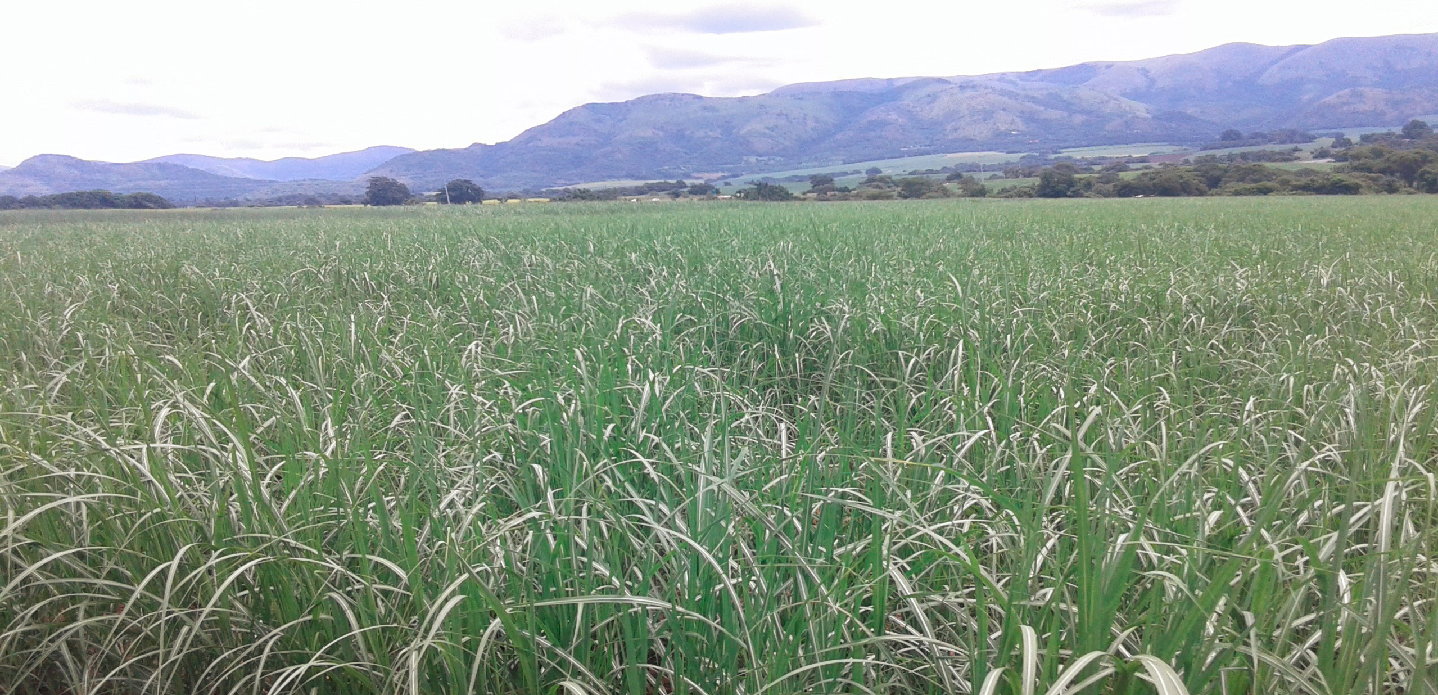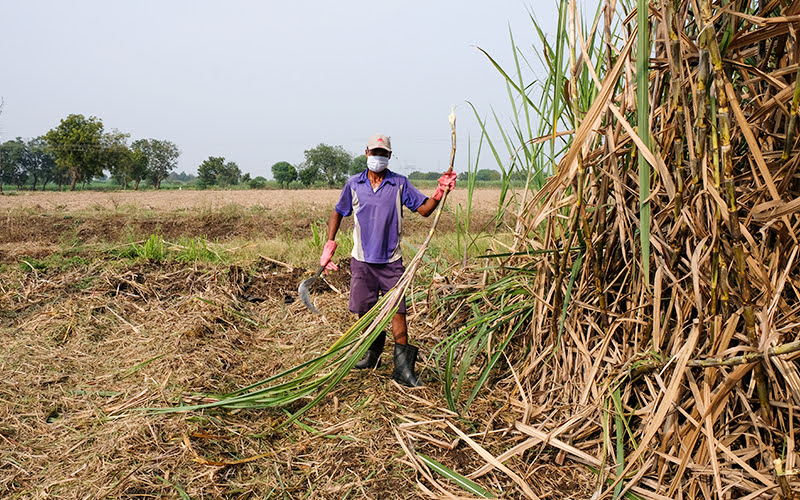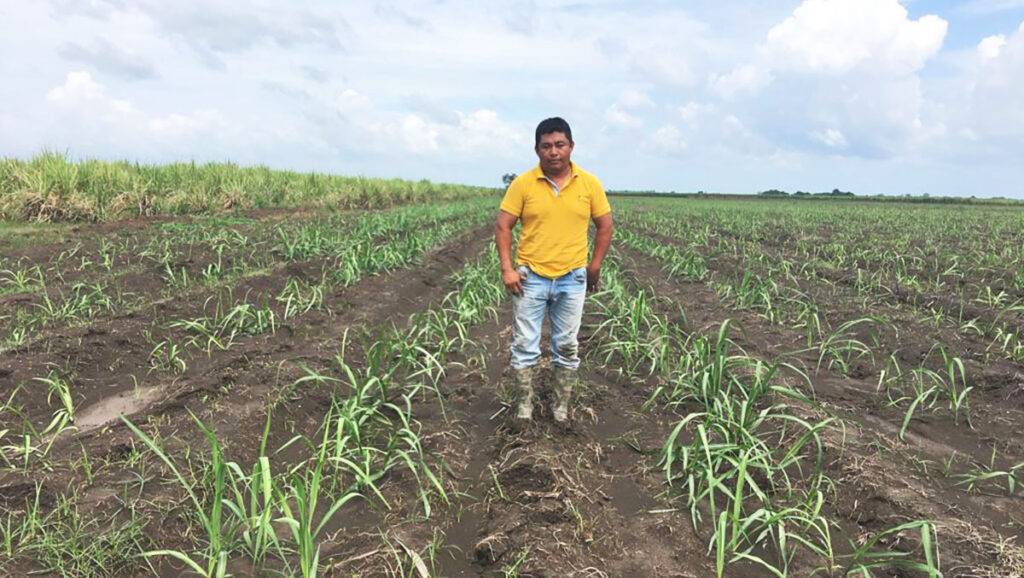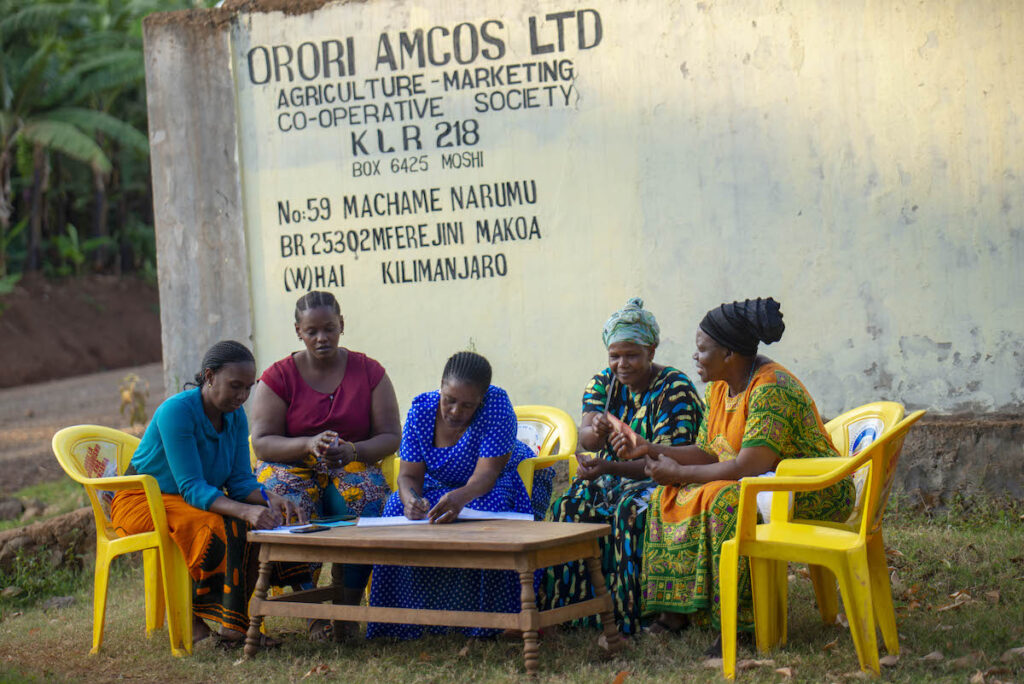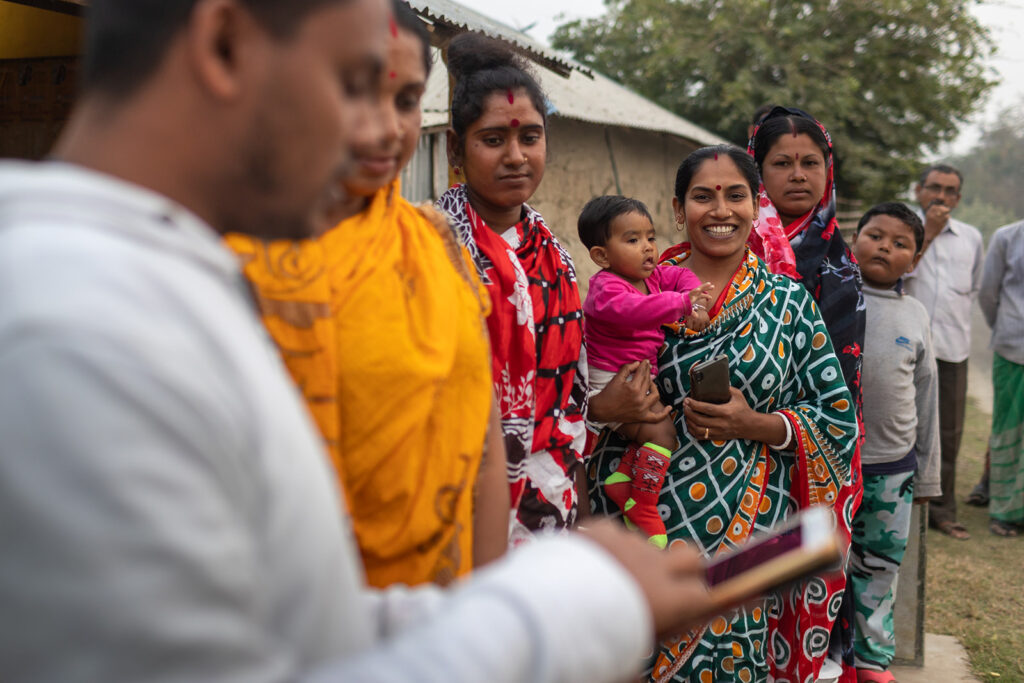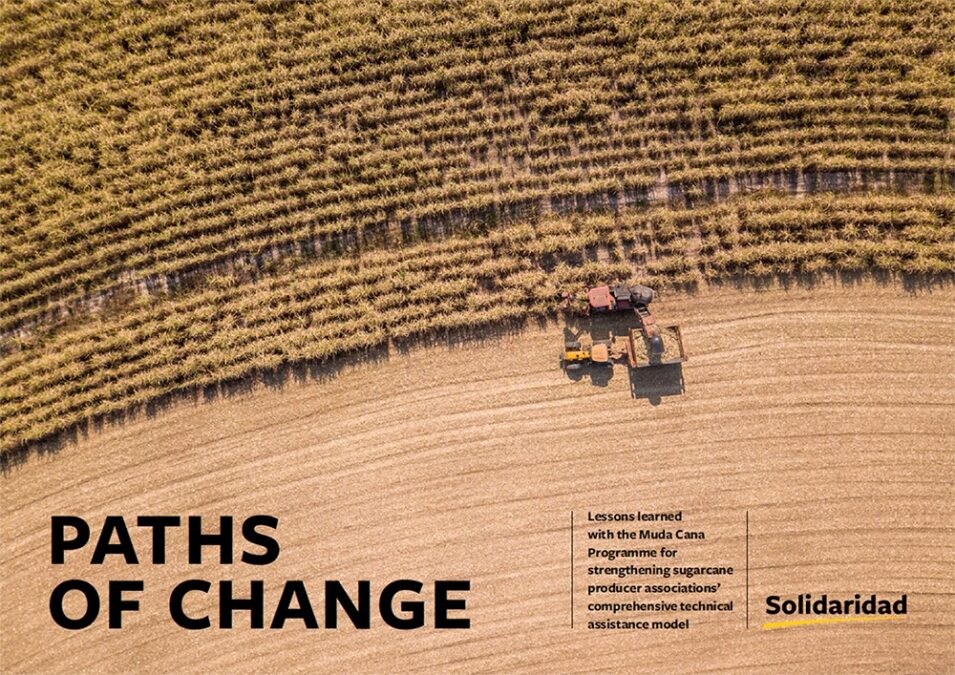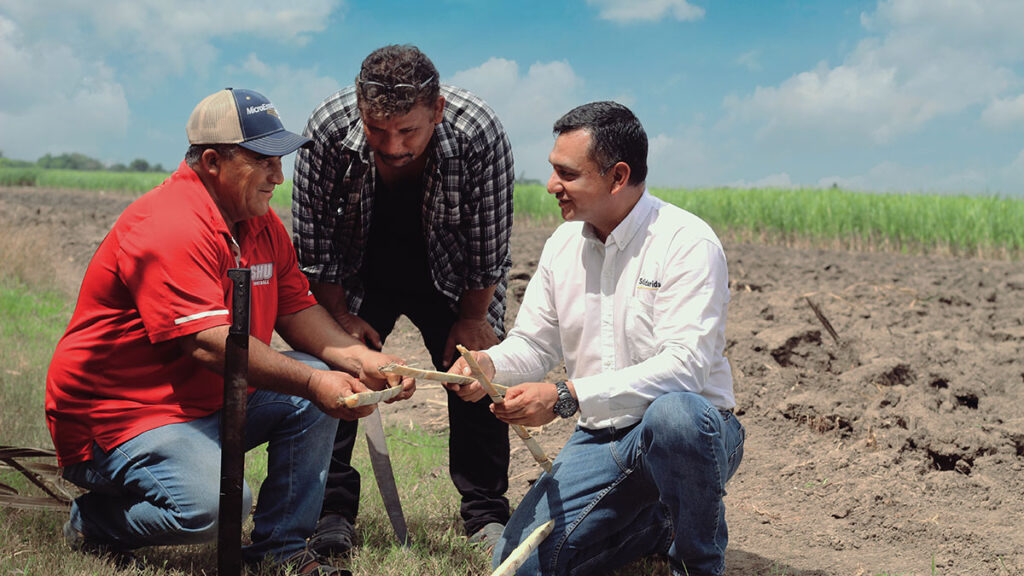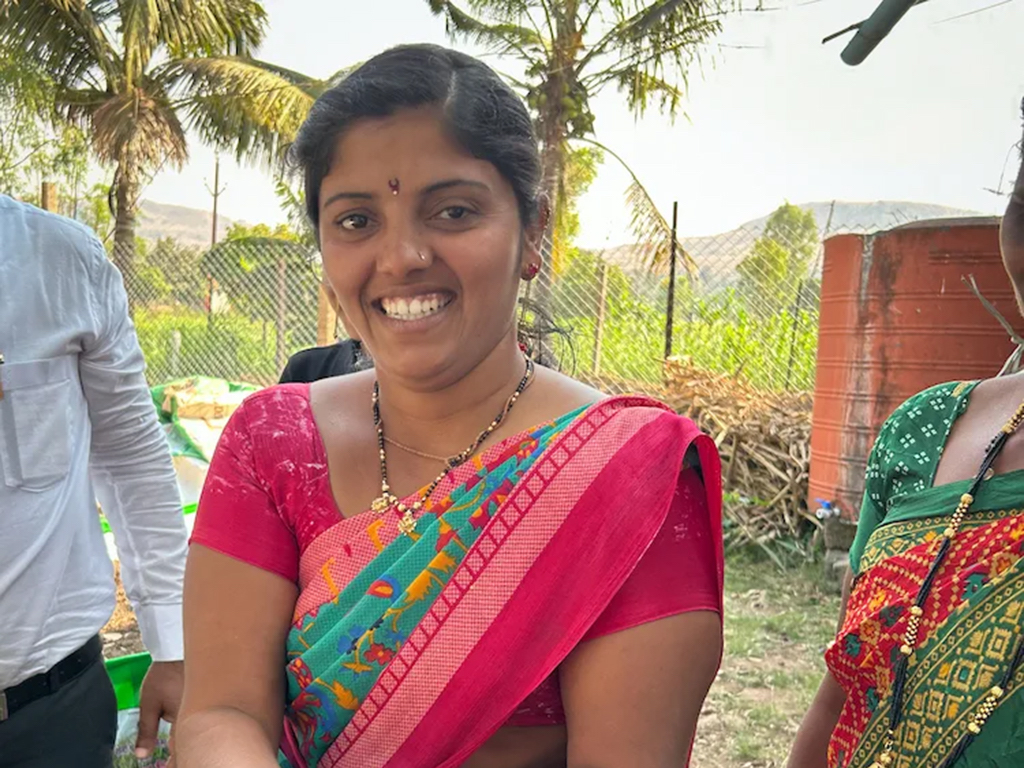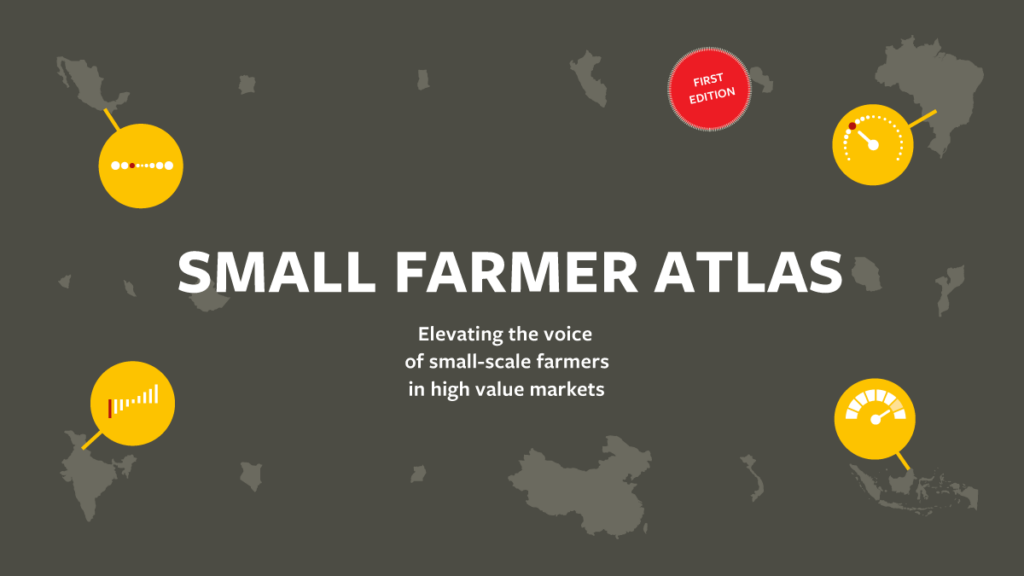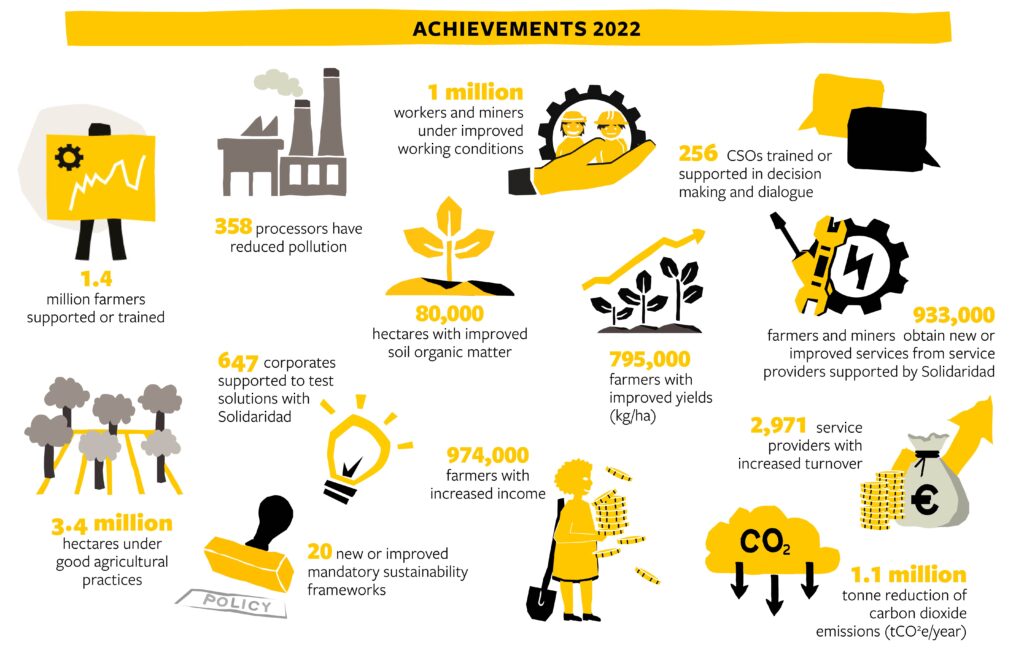Many people in the region rely on farming as their source of income. Sugarcane has the potential to influence progressive growth and impact on the growers’ financial and social well-being, and as such there is a need to instill or sharpen the growers’ business and agronomic knowledge. Some of the growers not only grow sugarcane but they provide services such as land preparation, sugarcane management, harvesting and haulage of the sugarcane to the mill. There are additional service providers who do not grow sugarcane at all but only specialize in providing these services. There have been many cases of inefficiencies and poor business etiquette between the service providers and growers.
To seize this opportunity in South Africa, Solidaridad partnered with ILLOVO-NOODSBERG and SEZELA, the local mills to which the growers supply sugarcane, as well as AGRI-IQ an accredited training provider to offer the growers an innovative and practical training approach. The focus of the training was equipping the growers and the service providers with essential business understanding and financial management skills as well as good agricultural practices through gamified learning tools and case studies.
As a result of the training, the growers’ equipment including bell-loaders, trucks and tractors, are efficient and can meet the needs of the mills’ business ethics. There are fewer cases of conflicts between growers and service providers.
Humphrey Nxumalo, Solidaridad Sugarcane Project Coordinator
The total area under cane, as well as good sugarcane management, shows an increase because the growers are obtaining more money from the enterprise, which sparks motivation to invest and reinvest in income-generating resources and practices. The sugarcane harvested from the growers increased from 50,000 tonnes in 2018 to 53,000 in 2019. This also spurred job creation for the community members, enriching the socio-economic well-being of many individuals. The growers are more positive about their relationship with the mill because a mutual understanding exists between both stakeholders.
Small-scale growers often require the training to incorporate a practical approach that differs from that of large-scale growers especially in areas such as supply chain, finance, agronomic knowledge and access to resources or inputs. The training was well received as it suited the training requirements and style for the grower.
Similarly, the service providers require periodic training so that they can realize what impacts their businesses have on the sugarcane growers. The growers and the service providers definitely manage progressive businesses and a continuation of the programme is required to assist them in other aspects of the business.

